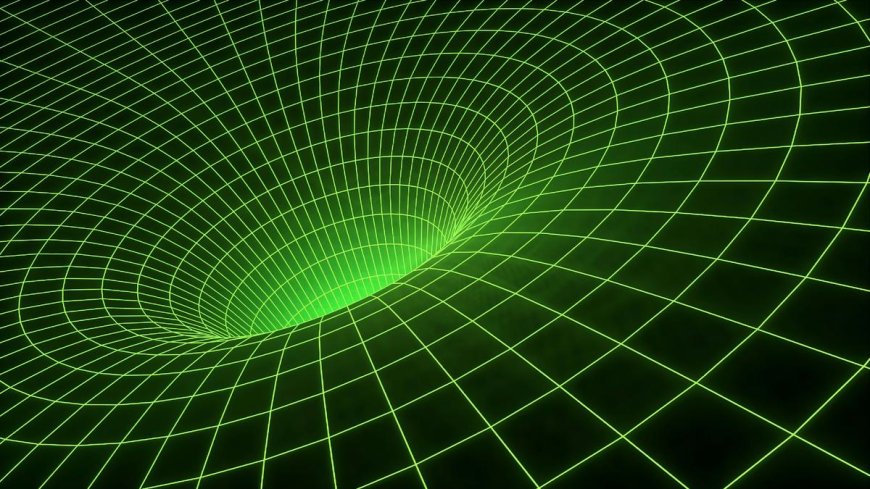What is the origin of gravity?

What is the Origin of Gravity?
Breaking News, Daily Updates & Exclusive Stories - asarkari
Gravity, a fundamental force that influences every aspect of our lives, continues to captivate the minds of scientists and researchers alike. But where does gravity come from? Understanding the origin of gravity leads us down an exciting path of scientific inquiry and discovery. This article explores the historical development, scientific theories, and future implications of gravity, shedding light on one of nature’s most mysterious forces.
The Historical Context of Gravity
The concept of gravity dates back to ancient Greece when philosophers like Aristotle posited that heavy objects fall faster than lighter ones. However, it wasn’t until Sir Isaac Newton published his groundbreaking work, "Philosophiæ Naturalis Principia Mathematica" in 1687, that gravity was formulated into a coherent theory. Newton described gravity as a universal force of attraction acting between all masses, quantified in his famous mathematical equation, F = G(m1*m2)/r².
The Einstein Revolution
While Newton provided the foundational principles of gravity, it was Albert Einstein's Theory of General Relativity that transformed our understanding in the 20th century. Einstein proposed that gravity is not just a force but a curvature of spacetime caused by mass. Massive objects like planets and stars warp the fabric of space and time around them, creating what we perceive as gravitational attraction. This paradigm shift explained many cosmic phenomena, including the bending of light around massive objects and the orbital dynamics of planets.
Quantum Gravity: The Next Frontier
Despite advancements, the mystery surrounding gravity persists. Current theories struggle to unify gravity with quantum mechanics, which governs the behavior of particles at the smallest scales. Researchers are focused on developing a theory of quantum gravity, with candidates like string theory and loop quantum gravity vying for acceptance. Understanding gravity at a quantum level could illuminate answers about the origins of the universe and the nature of time itself.
The Importance of Gravity in Modern Science
The implications of understanding gravity extend far beyond academic curiosity. Gravity has profound impacts on a range of scientific fields, including astrophysics, cosmology, and even technology. For instance, satellite systems depend on precise gravitational calculations for GPS accuracy, while astronomers leverage gravitational lensing to discover distant galaxies.
Conclusion: The Pursuit of Knowledge
As we delve deeper into the intricacies of gravity, we embark on an intellectual journey that has only just begun. While the words of Newton and Einstein laid the groundwork, modern science stands on the cusp of breakthroughs that could redefine our understanding of this fundamental force. The quest to uncover the origin of gravity is synonymous with our pursuit of knowledge and understanding of the universe.
For more updates, visit asarkari.
Keywords:
gravity, origin of gravity, Newton's laws, Einstein's theory of relativity, quantum gravity, astrophysics, universal force, scientific inquiry, space, time, curvature of spacetimeWhat's Your Reaction?
 Like
0
Like
0
 Dislike
0
Dislike
0
 Love
0
Love
0
 Funny
0
Funny
0
 Angry
0
Angry
0
 Sad
0
Sad
0
 Wow
0
Wow
0










































